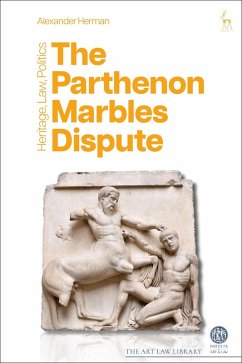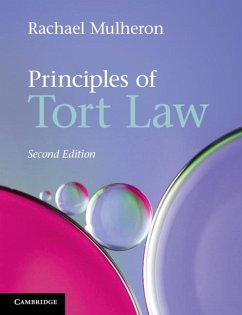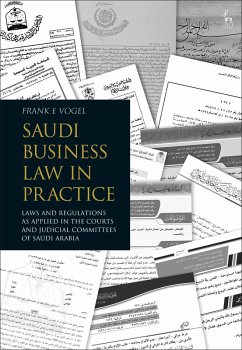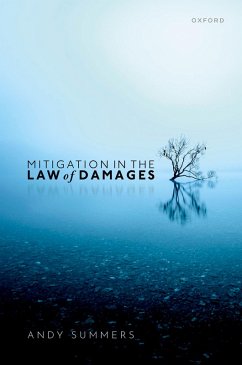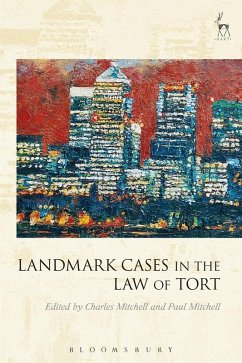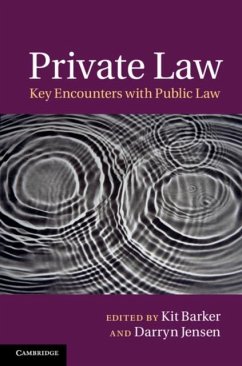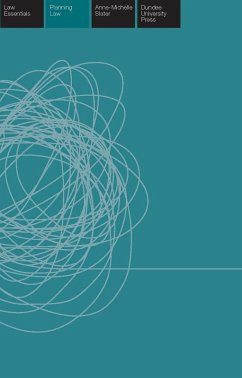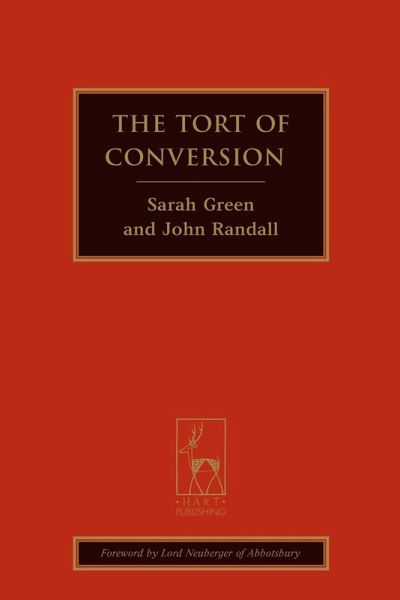
The Tort of Conversion (eBook, PDF)
Versandkostenfrei!
Sofort per Download lieferbar
124,95 €
inkl. MwSt.
Weitere Ausgaben:

PAYBACK Punkte
62 °P sammeln!
The legal and commercial importance of the tort of Conversion is difficult to overstate, and yet there remains a sense that the principles of the tort are elusive. Most recently, this was illustrated by the difficulties posed for the House of Lords by the Conversion issue in OBG v Allan [2007] UKHL 21, on which it was closely divided. Conversion, as we now recognise it, has a complex pedigree. Showing little regard for received taxonomies, it has elements which make lawyers think in terms of property, despite its eventful descent from actions in personam. Conversion is, therefore, something of...
The legal and commercial importance of the tort of Conversion is difficult to overstate, and yet there remains a sense that the principles of the tort are elusive. Most recently, this was illustrated by the difficulties posed for the House of Lords by the Conversion issue in OBG v Allan [2007] UKHL 21, on which it was closely divided. Conversion, as we now recognise it, has a complex pedigree. Showing little regard for received taxonomies, it has elements which make lawyers think in terms of property, despite its eventful descent from actions in personam. Conversion is, therefore, something of a hybrid creature, which perhaps explains the paucity of scholarly analysis of the subject to date, property lawyers and tort lawyers each regarding it as the other's concern. This book is the first comprehensive appraisal of the modern tort of Conversion. It offers a coherent and accessible rationalisation of the subject, supported by rigorous analysis of all aspects, from title to sue to the available remedies. The principal thesis of the work is that the development of Conversion has somewhat stagnated, and in consequence the tort has so far been unable to fulfil either its theoretical or its practical potential as a legal device. Whilst this is partly a result of historical factors, it is also a consequence of the fact that no systematic examination of the tort in England appears ever to have been carried out. The primary objectives of the book, therefore, are to provide such an analysis, to present Conversion as a useful and important tort, well suited to the demands of contemporary law and commerce, and to offer a principled framework for its future development.






